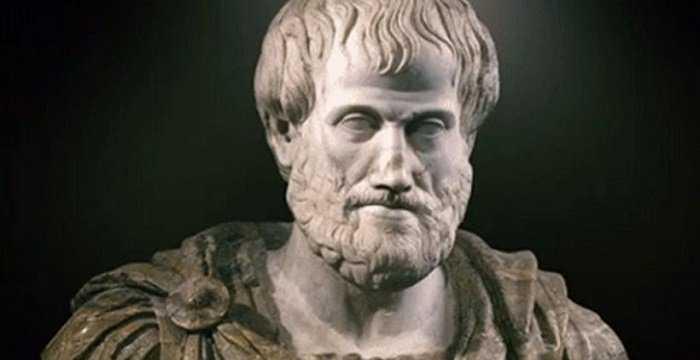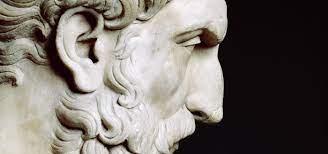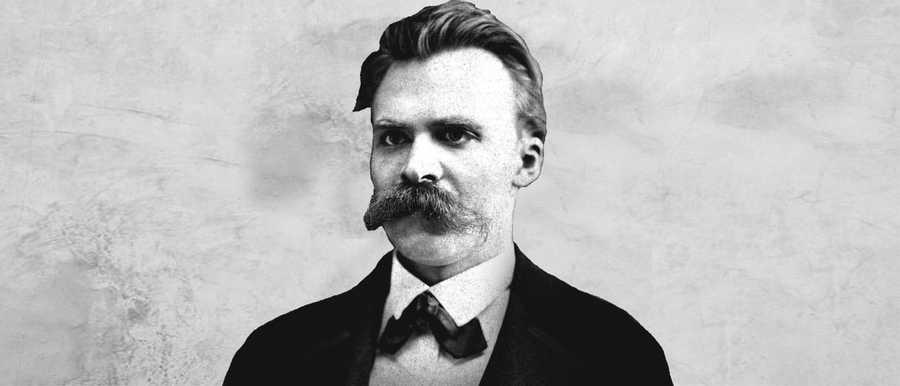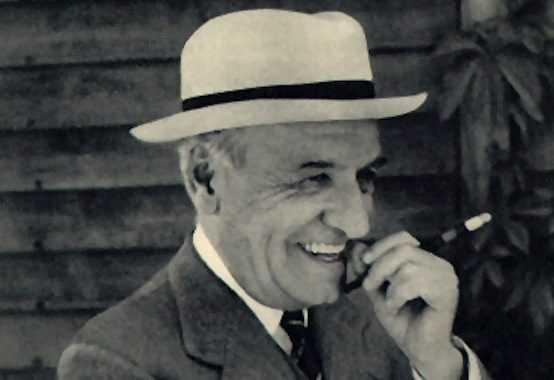Happiness According to 5 Famous Philosophers - Exploring your mind
exploringyourmind.com
5 ideas
·1.43K reads
18
Learn more about personaldevelopment with this collection
How to break bad habits
How habits are formed
The importance of consistency
Aristotle and Metaphysical Happiness
Aristotle believed that happiness could be achieved through living a life of virtue. It is the highest desire and ambition of all human beings and nothing can stop them from achieving so.
Cultivating one's virtue is the surefire way of reaching happiness. It's more than a lifestyle. It's practicing the prudence of character and having a good fate.
Many of his ideas bear great similarities with the principles of the Judeo-Christian religions.
31
450 reads
Epicurus and Hedonistic Happiness
Epicurus contradicted that of metaphysical philosophers. He believed that happiness had more to do with earthly dimensions more than its involvement in the spiritual world.
He is widely known for founding the school of thought of "Epicureanism" and proposed the principle of which balance and temperance were what created the space for happiness.
He once said that "he who is not satisfied with little, is satisfied with nothing."
34
253 reads
Friedrich Nietzsche and The Criticism of Happiness
Nietzsche is the philosopher who believed that the people who desire to live a life with no worries are mediocre people that do not give greater meaning to life.
Happiness to him is an ephemeral and fleeting condition that could end at any possible moment. He believed that contentment can only be found with having vital strength and a fighting spirit in order to overcome life's adversities.
40
308 reads
José Ortega y Gasset and Happiness As A Convergence
Jose Ortega y Gasset believed that happiness is found when the projected life and the effective life coincide with each other. This translates to "the paths of what we want to be and what we truly converge."
He believed that everyone has the desire to be happy and each person defines their own reality where they look for something that would satisfy and gratify them completely.
32
202 reads
Slavoj Zizek and Happiness As A Paradox
Zizek believes that true happiness is merely a matter of opinion not of truth.
To him, satisfaction and contentment are products that are born under capitalistic values where it promises eternal satisfaction through consumption. Unbeknownst to us, dissatisfaction reigns over because no one knows what they truly want.
The unconscious reality is that when we try to achieve something that will make us "invariably happy" is just another thing that will leave us further dissatisfied.
36
218 reads
CURATED BY
More like this
Read & Learn
20x Faster
without
deepstash
with
deepstash
with
deepstash
Access to 200,000+ ideas
—
Access to the mobile app
—
Unlimited idea saving & library
—
—
Unlimited history
—
—
Unlimited listening to ideas
—
—
Downloading & offline access
—
—
Personalized recommendations
—
—
Supercharge your mind with one idea per day
Enter your email and spend 1 minute every day to learn something new.
I agree to receive email updates





